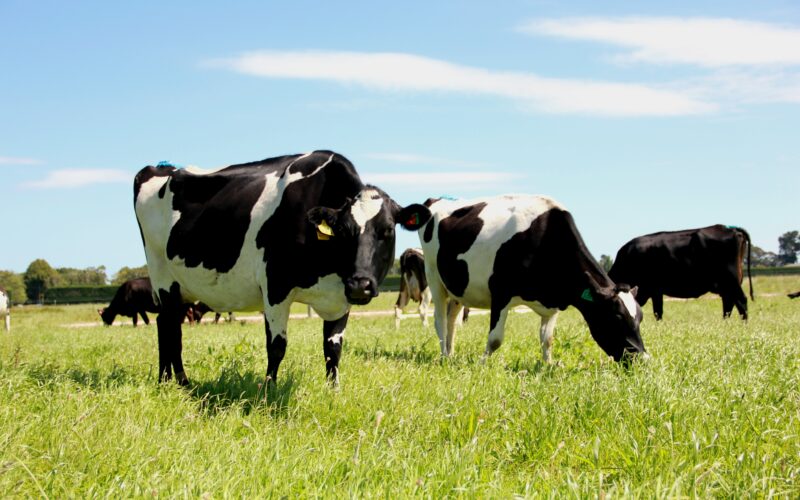
Breakthrough Research Empowers Farmers to Boost Water Quality & Profits.
The dairy industry is making significant strides in environmental stewardship through innovative nitrogen (N) mitigation strategies. DairyNZ’s pioneering Low N Systems research programme is at the forefront, dedicated to equipping farmers with effective solutions to drastically reduce N losses while simultaneously safeguarding farm viability. This crucial research recognizes that multiple mitigation strategies interact within the complex nitrogen cycle, emphasizing the need for integrated approaches to genuinely lower the N footprint and protect vital water quality in N-sensitive catchments.
The programme employs a multifaceted research approach, combining sophisticated modelling with detailed experiments, larger-scale farm system trials, and practical farmer case studies. A cornerstone of this initiative is a comprehensive farmlet trial at the Lincoln University Research Dairy Farm. This trial directly compares a standard Canterbury dairy farm system with an innovative “Stacked farmlet” that strategically integrates various N mitigation techniques, providing real-world data on their combined efficacy and trade-offs in dairy economics.
Early results from the Lincoln University farmlet trial are highly encouraging, signaling substantial environmental benefits. The “Stacked farmlet” has demonstrated a remarkable 40-50% reduction in N leaching, alongside a commendable 12% decrease in total greenhouse gas emissions. While there have been some minor trade-offs in profit per hectare, these initial findings underscore the potential for sustainable dairy farming to deliver significant ecological improvements without major financial detriment, proving vital for agribusiness future.
Adding to this suite of tools, the article highlights the development of a groundbreaking bulk milk urea (BMU) indicator tool. This innovative technology will provide dairy farmers with near real-time insights into their herd’s dietary N surplus. By monitoring BMU levels, producers can proactively identify periods when mitigation strategies are most needed, helping to reduce the risk of excessive urinary N loading onto soils. This empowers farmers to make data-driven tactical and strategic decisions, enhancing N use efficiency.
Ultimately, the goal of these advancements is to empower dairy producers with practical, reliable information and cutting-edge tools to optimize farm management for nitrogen mitigation. By improving N use efficiency and minimizing N loss risk, these initiatives are paving the way for a more environmentally responsible and economically resilient international dairy sector. This focus on scientific solutions is crucial for navigating increasing environmental regulations and ensuring the long-term sustainability of dairy operations.
Source: Farmers Weekly: Tackling N mitigation head-on
You can now read the most important #news on #eDairyNews #Whatsapp channels!!!
🇺🇸 eDairy News INGLÊS: https://whatsapp.com/channel/0029VaKsjzGDTkJyIN6hcP1K



















